Over the years, the University of Macau (UM) has been committed to addressing the major needs of China and Macao through research. Building on its strength in biomedical sciences, the university has developed a strategic plan to advance its development in this field and has made remarkable results. Among these initiatives, the recently inaugurated Macau Institute for Translational Medicine and Innovation (MITMI) at UM attaches great importance to the development of medical and health products. Through the institute, UM aims to promote technological innovation and transfer in medical sciences, thereby contributing to the diversification of Macao’s economy and the development of the Guangdong-Hong Kong-Macao Greater Bay Area (GBA) into an international centre for technological innovation.
Strategic Planning for Biomedical Sciences
As a comprehensive public university in Macao, UM strives to promote the city’s development through science and education. In 2010, the university received approval from the central government to establish the State Key Laboratory of Quality Research in Chinese Medicine (SKL-QRCM), the first of its kind in China. As of 2021, 11 years after its establishment, scholars associated with the lab had published 2,800 research articles and books, obtained 50 patents, and established international quality standards for more than ten Chinese medicinal plants. It is now an internationally advanced research and innovation centre as well as a platform for international cooperation. The lab is committed to supporting several key sectors, including high-tech industries and the health industry, with Chinese medicine R&D and production as an entry point, creating a pathway for the commercialisation of UM research results.
In the field of precision medicine, in 2021 UM established the Ministry of Education Frontier Science Center for Precision Oncology, which is the only frontier science centre in its field in China and the first-ever frontier science centre in Hong Kong and Macao. The UM centre aims to advance R&D in life sciences and medicine, with a strong emphasis on cancer treatment, in order to promote the health industry and provide accurate diagnosis and treatment for cancer patients in Macao, the GBA, and across China.
According to UM Rector Yonghua Song, in addition to enhancing the output of its various research platforms, the university has entered into strategic partnerships with other universities and enterprises to expand its research capacity. These partnerships include a joint oncology lab with the Chinese University of Hong Kong and a joint innovation lab with Guangzhou Kingmed Diagnostics Group Co Ltd. UM has also established a centre for R&D in Chinese Medicine with China Resources Holdings Company Limited, Guangzhou Pharmaceutical Company Limited, and the China Academy of Chinese Medical Sciences. The centre serves as a collaborative research platform for Chinese medicine in Macao through industry-academia collaboration.
Advancing Industry-Academia Collaboration in Chinese Medicine
As the first higher education institution in Macao to build its campus on Hengqin island, UM leverages its advantages in geography and research capacity in biomedical sciences to advance industry-academia collaboration in Chinese medicine. In this way, the university will be able to contribute to the moderate economic diversification of Macao, as well as the development of the GBA into an international centre for technological innovation. With the support of the Macao Economic and Technological Development Bureau and the Science and Technology Development Fund of Macao, the university invited Zhong Nanshan, a member of the Chinese Academy of Engineering with outstanding achievements and contributions in the field of biomedical sciences, to guide the establishment of the institute and serve as president of its steering committee.
MITMI will take the development of Chinese medicine and biomedicine as its key task during the initial stage. At the inauguration ceremony for the institute, Lei Wai Nong, secretary for economy and finance of the Macao SAR government, said that the government would provide major support for the institute to transfer research results of Chinese medical sciences, especially those produced by the SKL-QRCM and other UM units.
Zhong expressed his hope that MITMI would follow Macao SAR Chief Executive Ho Iat Seng’s instructions to take advantage of the preferential policies for the Guangdong-Macao In-Depth Cooperation Zone in Hengqin and the GBA, and give full play to its role as a bridge between scientific research and industrial transformation, in order to promote the integration of the GBA and the mutual monitoring and recognition of medicines. In the preliminary stage of the institute’s establishment, Zhong and his team organised many mainland pharmaceutical companies to recommend outstanding research results for transfer in Macao. ‘We have selected the first batch of outstanding research results for transfer at the institute,’ says Zhong. ‘The institute will continue to search for research results with great potential from China and abroad and transform them into products in Macao. The institute will also create a mechanism as the foundation of an integrated system for result evaluation, technology transfer, IP-related services, and product registration.’
In addition, one of the major directions of MITMI will be to promote the development of medical and health products. The institute will efficiently promote innovation in medical science and technology, and enhance disease prevention and treatment in the GBA, with the development of innovative Chinese medicine-based drugs as its key mission. According to Prof Song, UM actively draws on the experience of leading research teams from China and abroad to build a stable and effective mechanism for research results transfer. ‘The institute was established in response to the SAR government’s plan. Projects to be promoted include a cancer immunotherapy based on carbon-quantum-dots and a dressing for diabetic foot ulcers developed by UM researchers,’ says Prof Song. ‘The institute will also help cultivate local scientific research results with commercial value, and accelerate their commercialisation in the GBA, so as to promote the industrialisation of Chinese medicine and the expansion of products and services in the field to the global market.’
Source: UMagazine Issue 25
Related articles:
1. UM Collaborates with Enterprises to Promote Research Results Transfer
2. Accelerating Research Results Transfer through Various Platforms for Industry-Academia Collaboration
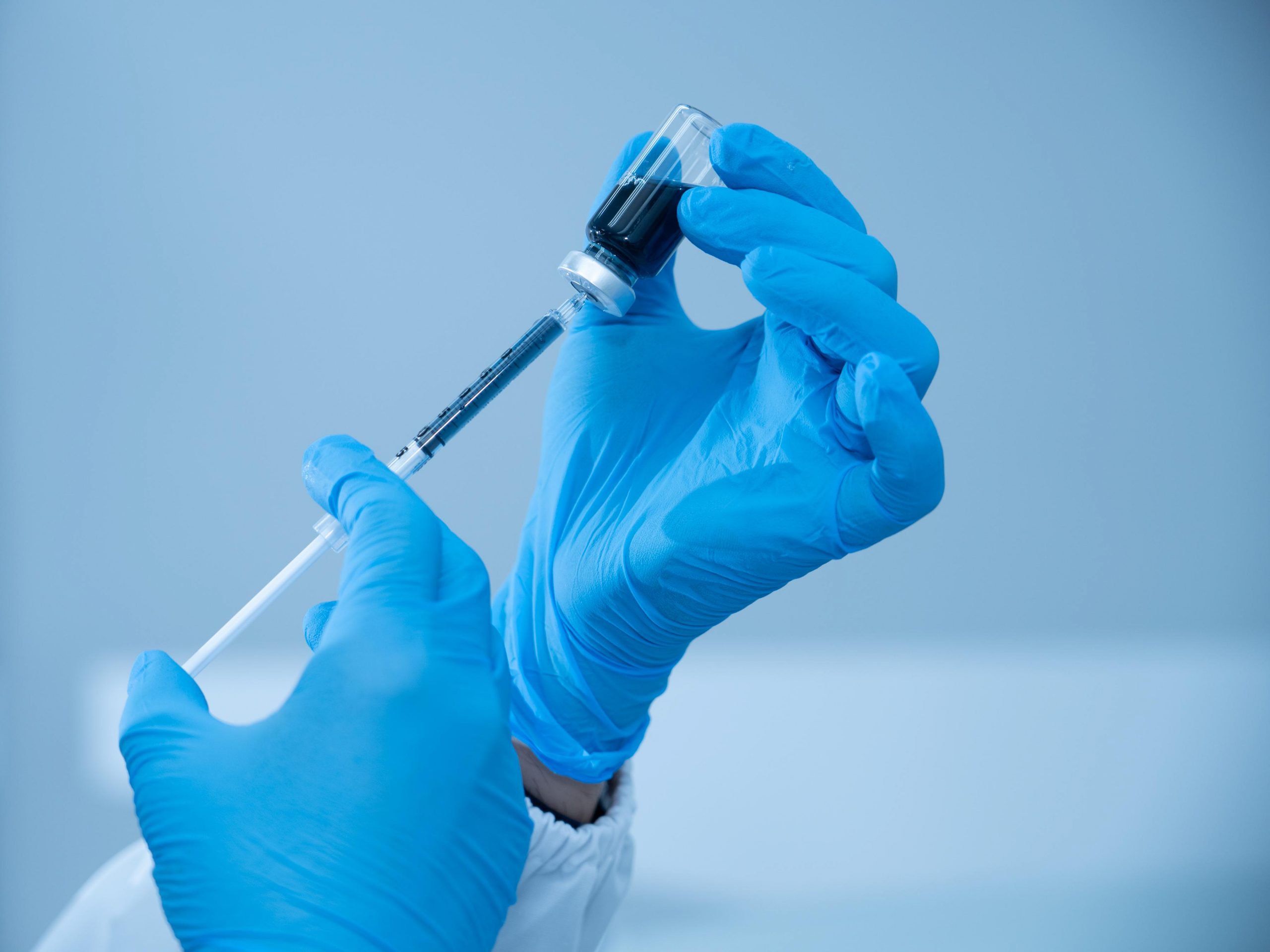
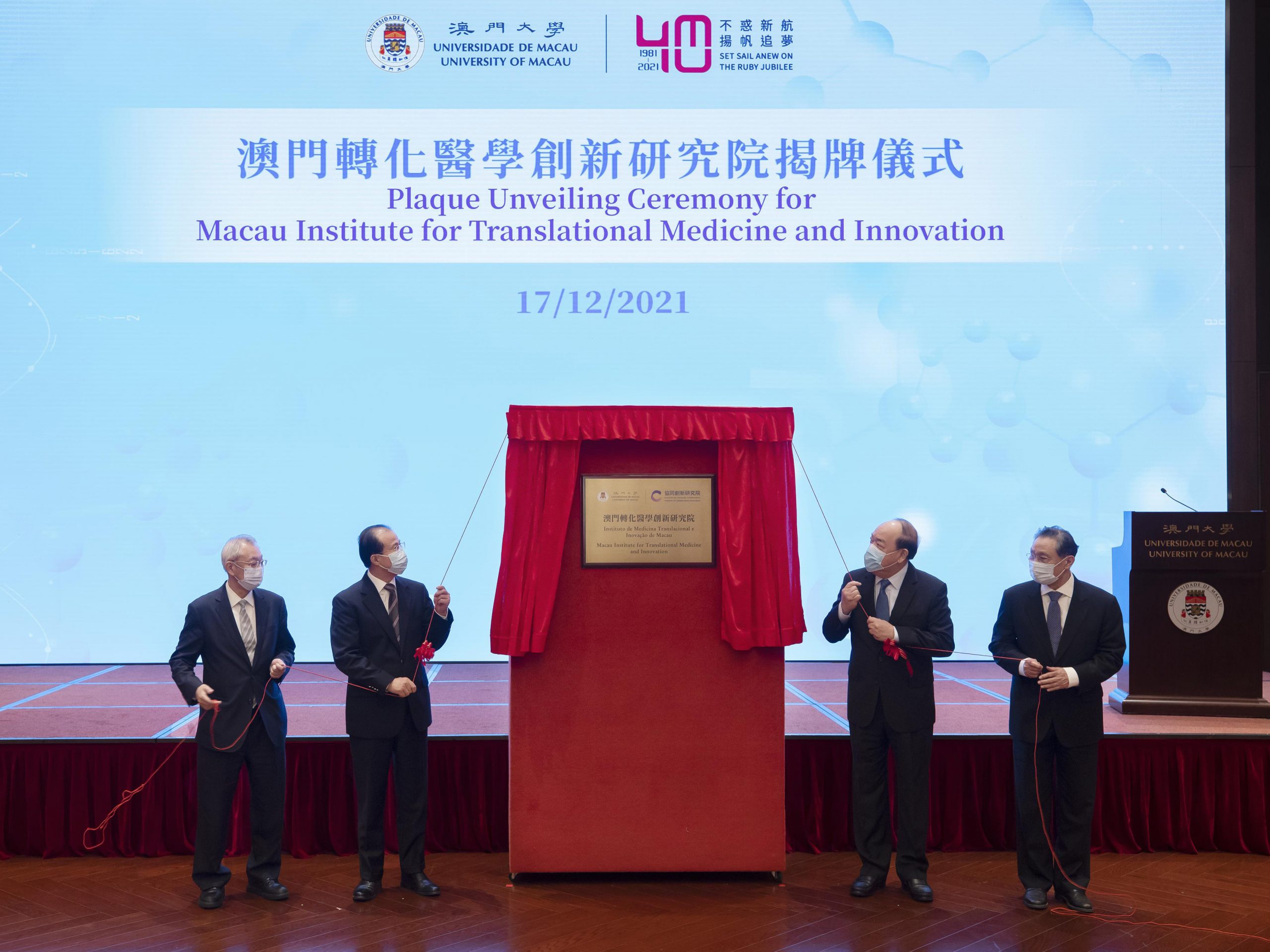
Ho Iat Seng , Fu Ziying, Zhong Nanshan, and Lam Kam Seng unveil a plaque of the Macau Institute for Translational Medicine and Innovation.
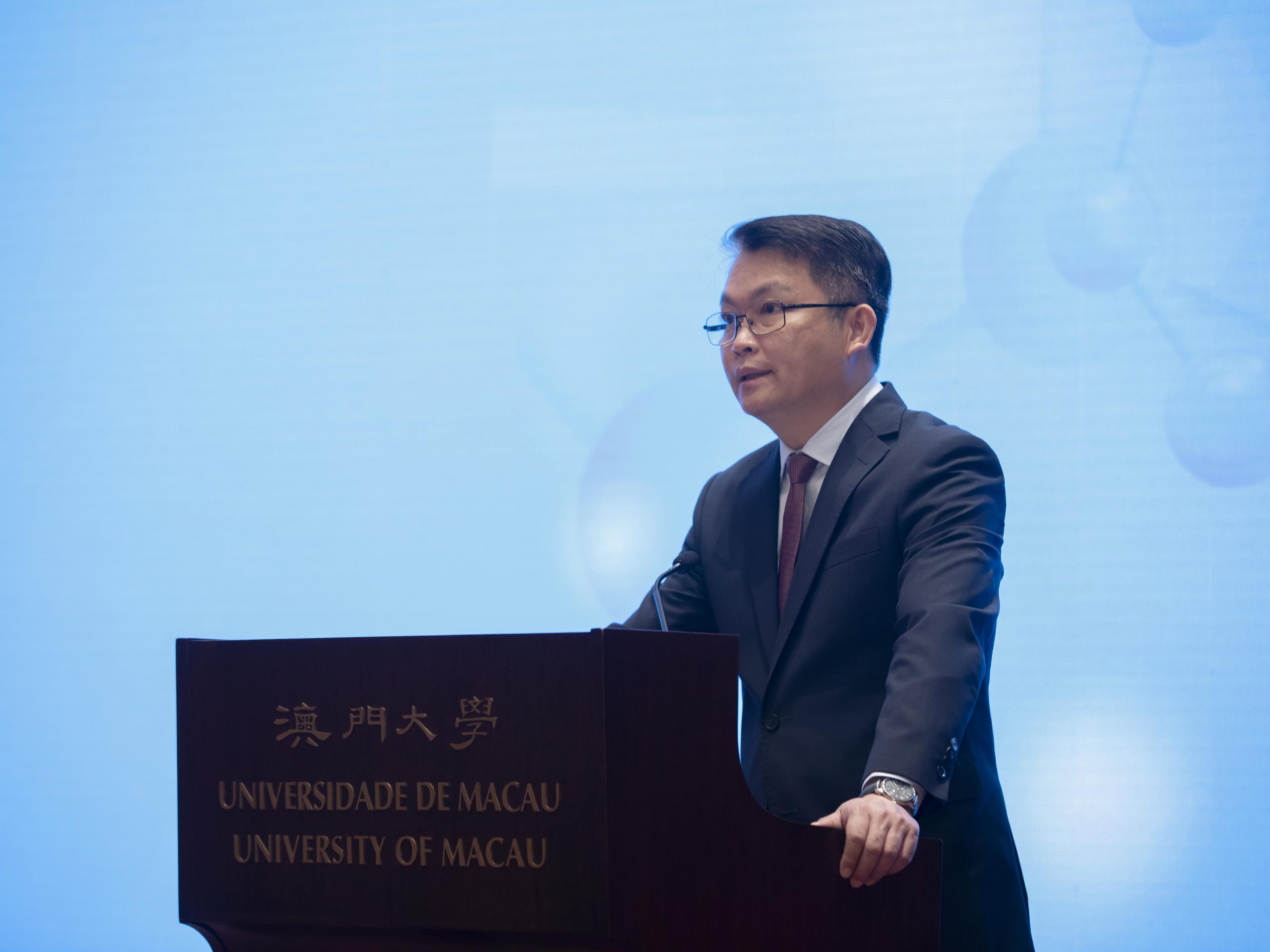
Lei Wai Nong, secretary for economy and finance of the Macao SAR government
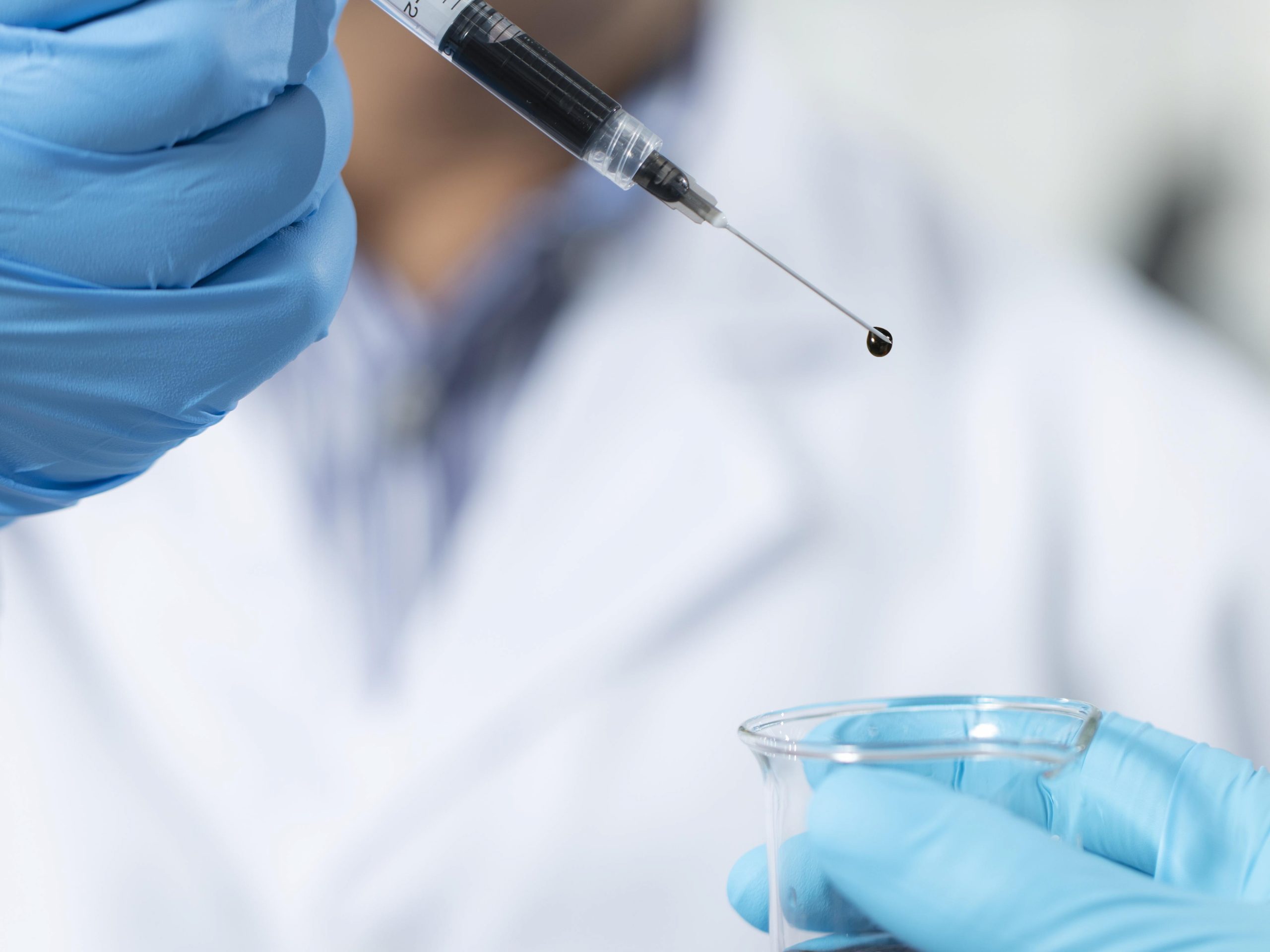
MITMI will promote UM projects, including a cancer immunotherapy based on carbon-quantum-dots and a dressing for diabetic foot ulcers
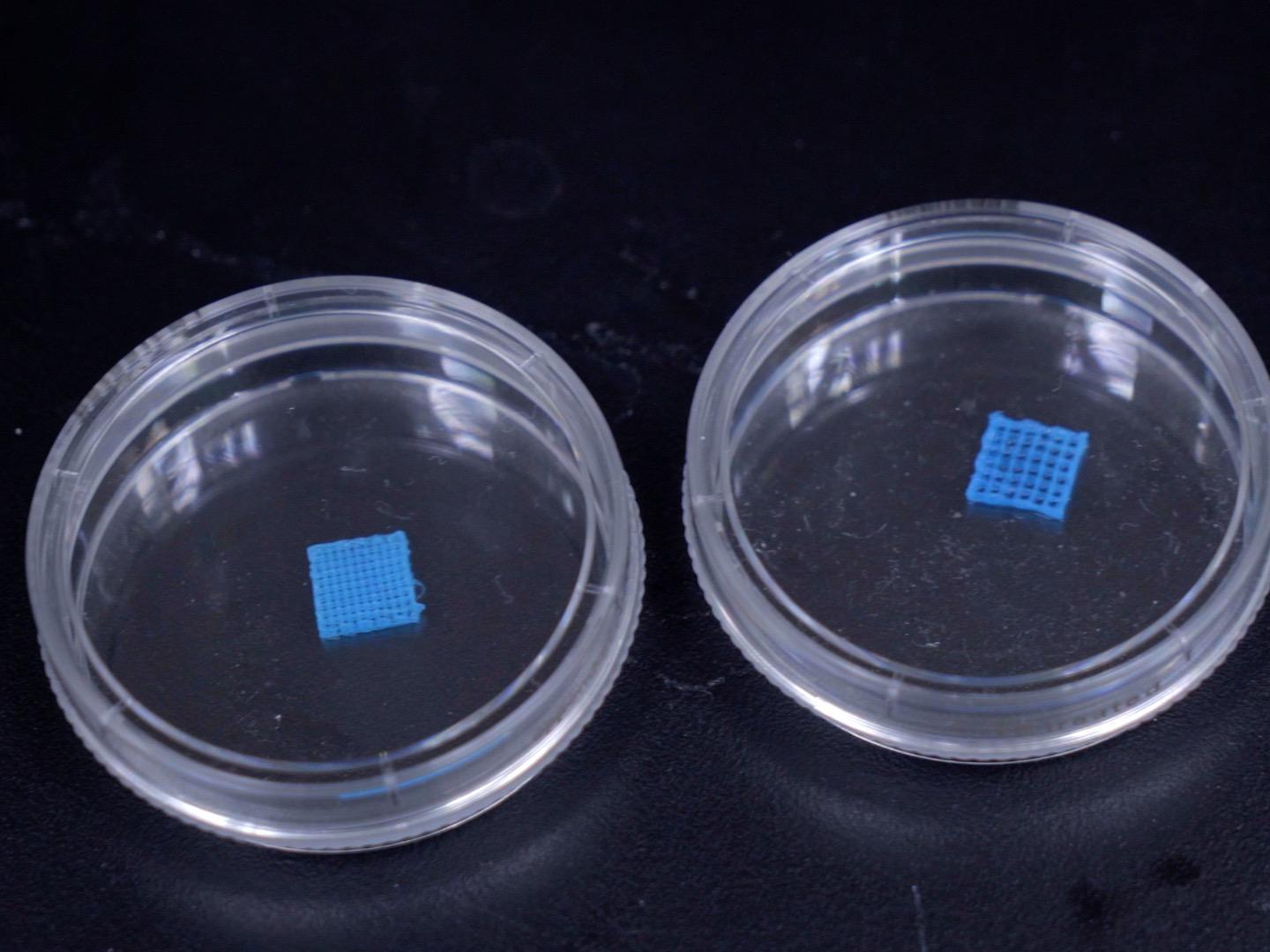
MITMI will promote UM projects, including a cancer immunotherapy based on carbon-quantum-dots and a dressing for diabetic foot ulcers

UM Rector Yonghua Song
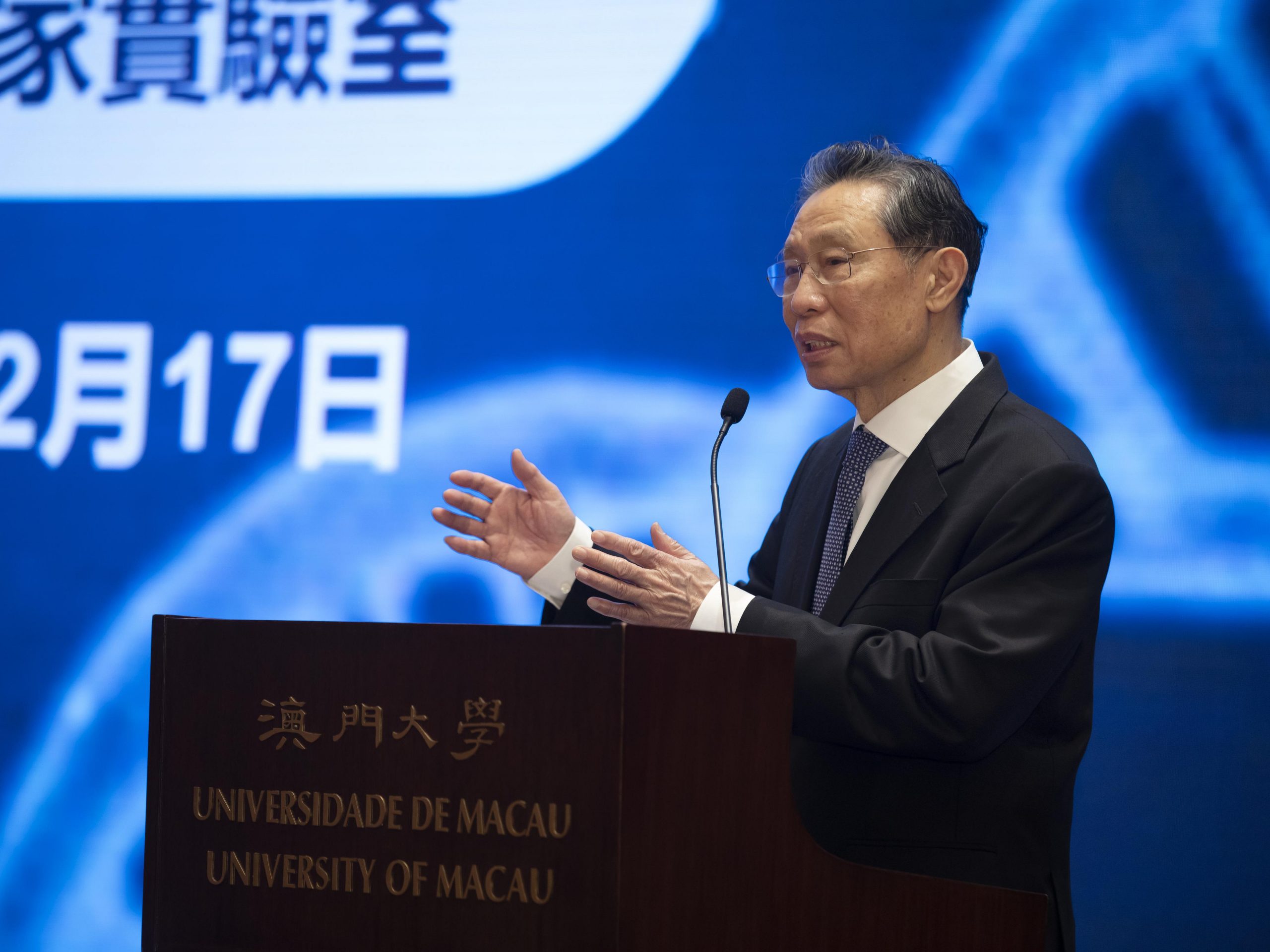
Zhong Nanshan, a member of the Chinese Academy of Engineering
